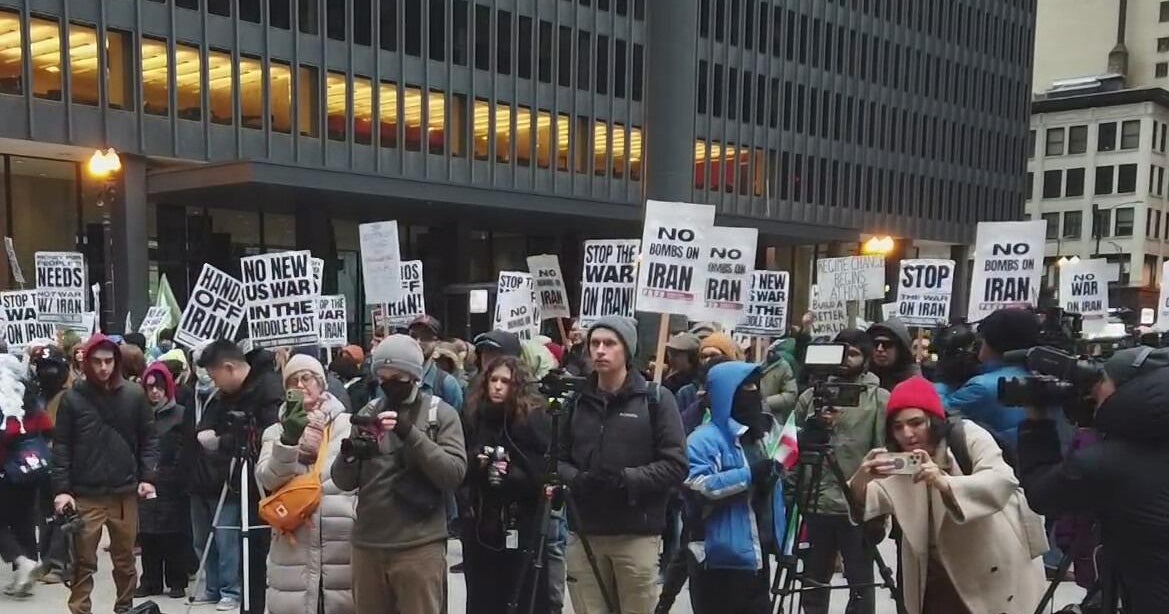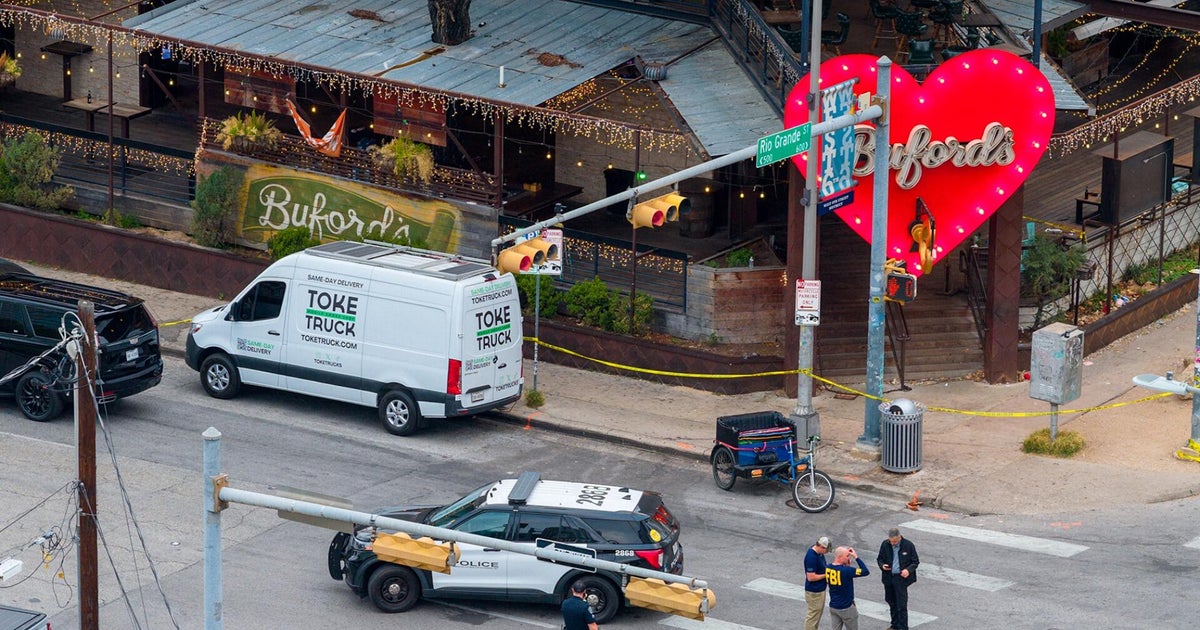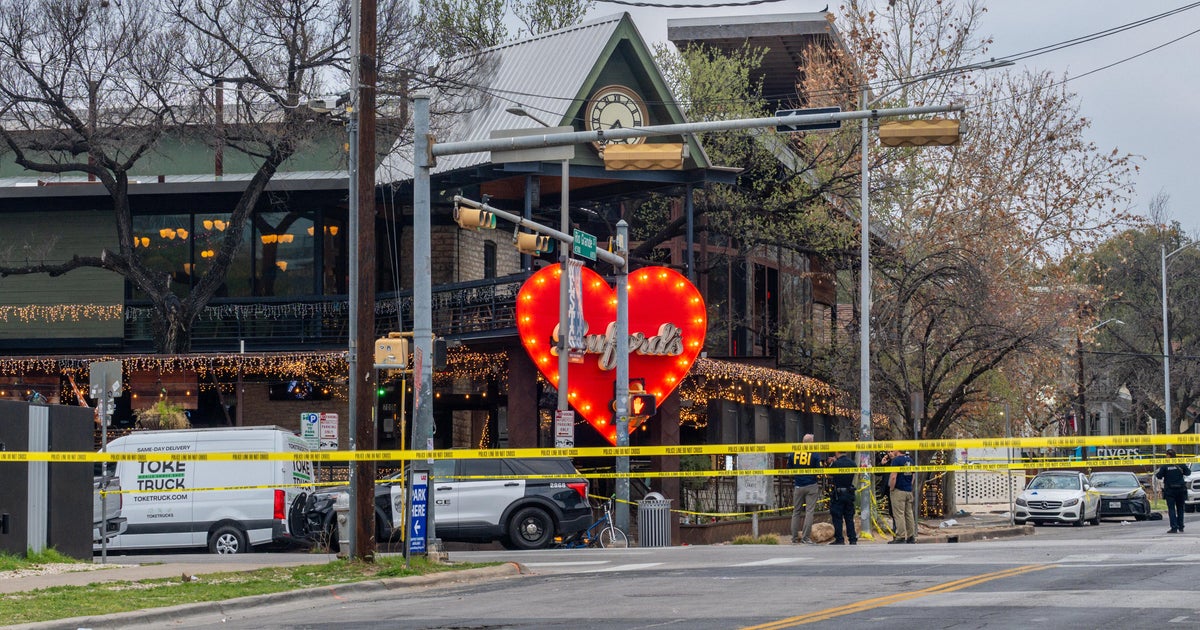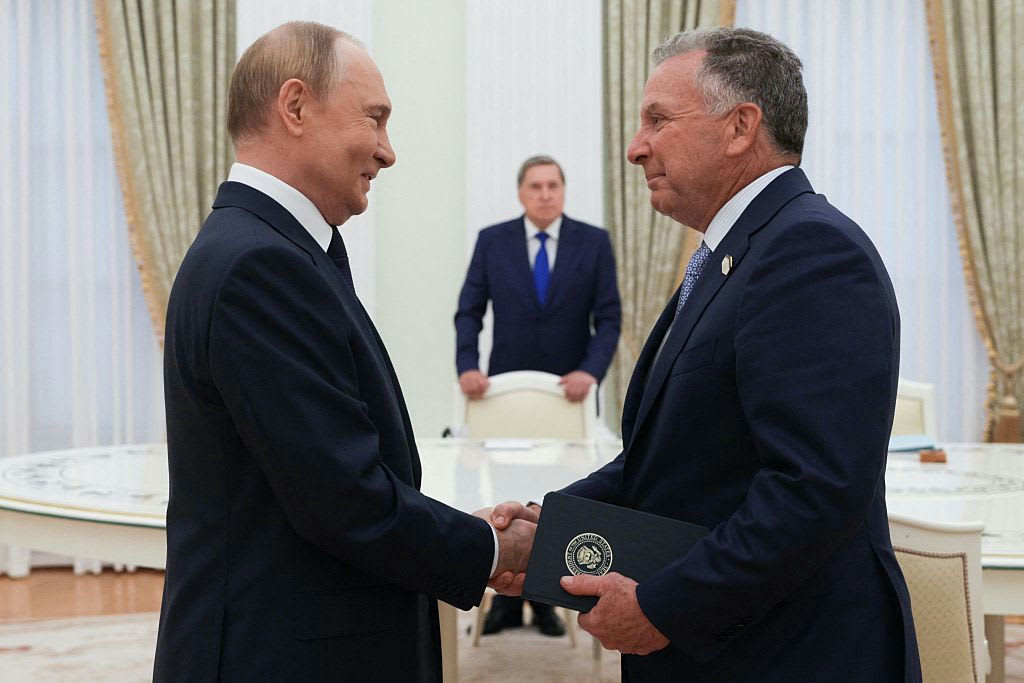This Ukrainian woman and her son with autism fled Donbas when Russia attacked in 2014. Now, they're seeking refuge once again.
Olena and her young son are among the hundreds of thousands of Ukrainians who are fleeing their country amid Russia's deadly invasion. And it's not the first time they have been forced to do so.
Olena, her husband and their son Maksym were living in the Donbas region of eastern Ukraine when Russian troops invaded there in 2014. At the time, Russian President Vladimir Putin claimed the move was in defense of Russians who lived in the area and did not support the country's pro-Western government.
Russian-backed separatists took control of the region, unofficially separating it from the rest of Ukraine. Fighting has been going on ever since, and has left more than 14,000 people dead, according to the Ukrainian government.
"We started a new life, but now it's war again," Olena told the Reuters news agency at Ukraine's border with Poland on Tuesday, where she and Maksym were seeking refuge. "I am a re-settler. My relatives lived there on occupied territory. And it's all over again."
Olena sobbed as she explained their forced resettlement, and her son Maksym, who has autism, embraced her, saying, "Everything is OK."
The two had traveled to Przemysl, a refugee hub, after traveling for 24 hours from the city of Mykolaiv. They, along with 3,000 other people, Olena said, took a train to get there.
More than 400,000 Ukrainians have already evacuated to Poland since Russian troops attacked the country last week. The European Union has warned that 4 million people could be forced to flee.
Her husband, however, stayed behind.
"My husband stayed in the war to protect the country," she told Reuters in Ukrainian. "It's difficult. My husband is there without any money. Nothing works there. There is no food. There is no medicine."
While she and her son did make it to safety, their journey is not over. They're headed to stay with a family they were connected with on Facebook. Beyond that, they are still searching for somewhere they can, at least temporarily, call home.
"I am going to them, will stay there and then we will have to do something," Olena said. "I have Ukrainian internal passport. I don't have [international] biometric passport. I don't know what to do. I have nowhere to live."




